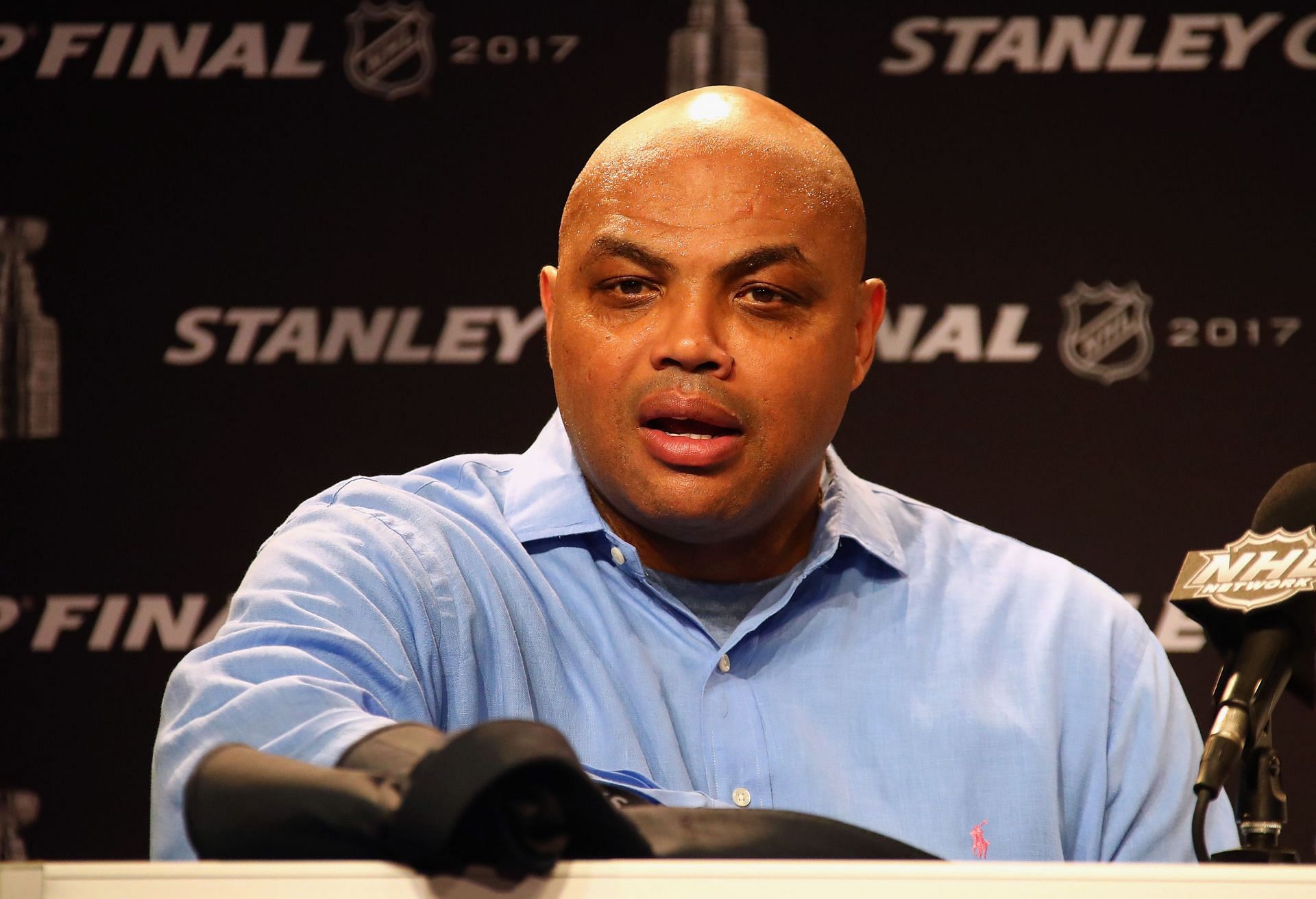
Charles Barkley once admitted to dangerous addiction ruining his game: “I’ve got to stop drinking, I drink way too much”
Charles Barkley honestly spoke about his drinking addiction in 1998. Barkley was with the Houston Rockets at the time. He was 35 years old, in the limelight of his NBA career. The Hall of Famer believed he wasn't able to play to his potential because of his drinking problems.
After a regular-season game against the LA Lakers in February 1998, in which Barkley hit the game-winner to lead his team to a 90-88 win, he said (via LA Times):
“I’ve got to stop drinking. I drink way too much and it has been affecting my game... I haven’t played as well as I would have liked to this season, and obviously drinking has something to do with it.”
“I can’t drink and play... It’s just been consistently wearing my body down and I wasn’t as consistent as I need to be or would like to be. I owe the people I work for an honest effort.”
Barkley was still a threat with his rebounding but had evidently lost a step physically during his stint with the Houston Rockets. He battled multiple injuries during that stint. Barkley still averaged a double-double, bagging 15.2 points and 11.7 rebounds per game in the 1997-98 season.
Click here to read LA Times' report on Charles Barkley's comments on his drinking problem.
Charles Barkley's stats before and after 1997-98 season prove his drinking addiction impacted his play
Charles Barkley averaged 19.2 points and 13.5 rebounds per game during the 1996-97 season. He also played 4.9 more minutes than he did in the 1996-97 season compared to the 1997-98 season when he played 33.0 minutes per game.
A season later (1998-99), Barkley upped his numbers in every category. He averaged 16.1 points, 12.3 rebounds and 4.6 assists, while playing 36.3 minutes per game. He also started all but two of the games across 42 appearances in the shortened season due to a lockout.
Barkley showed he could've played at a high level for a few more years. However, injuries continued to hamper the longevity of his career. He was limited to 20 games in his final season (1999-2000) after rupturing his quadriceps tendon, which led to his retirement at the age of 36.